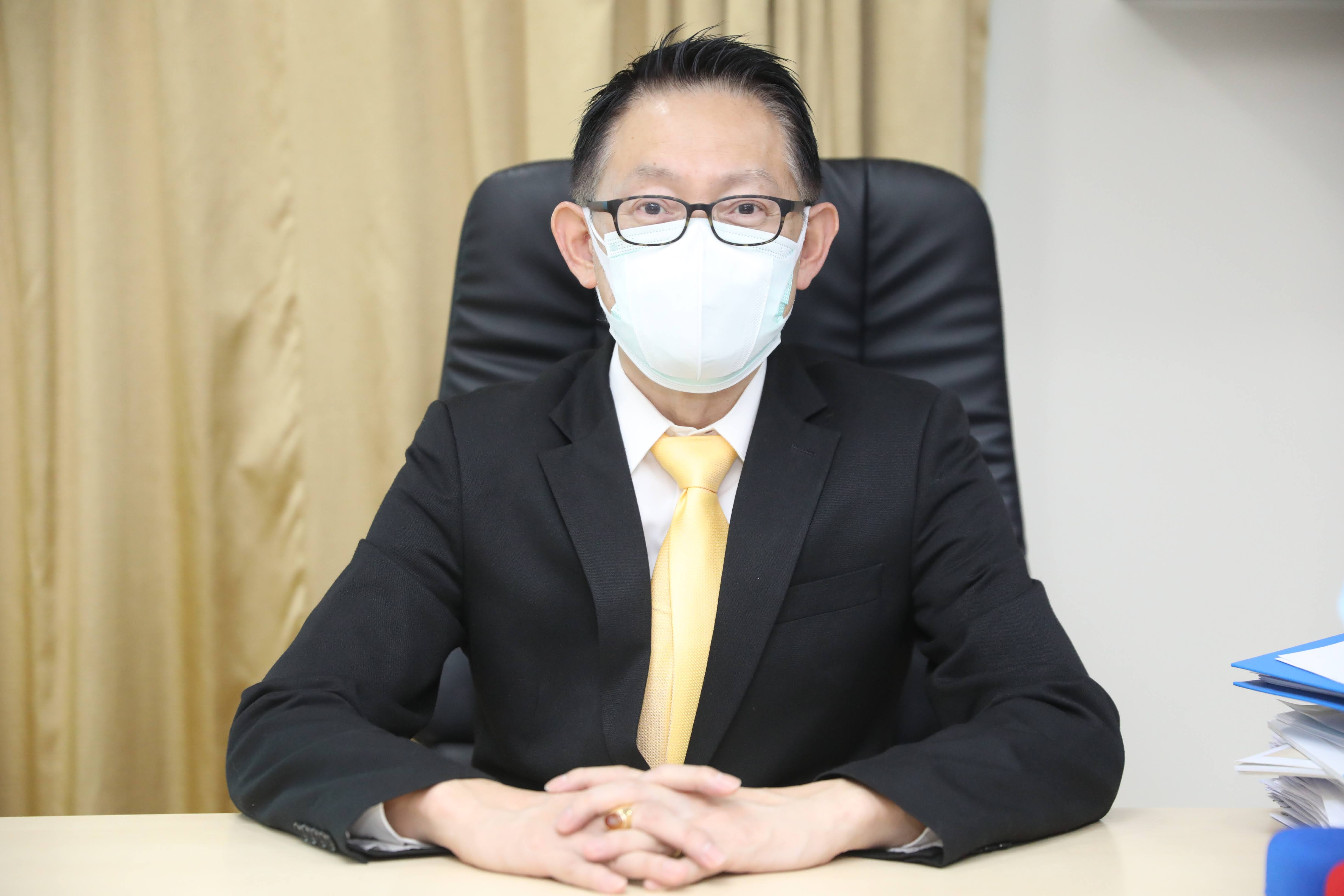
- Home
- DescriptionNews
How we manage the UCS fund in 2022

How we manage the UCS fund in 2022
2022 will be another challenging year for Thai government and the National Health Security Office (NHSO) that manages the Universal Coverage Scheme (UCS).
There is a sign showing that the COVID-19 pandemic will still be with us, at least in the next one to two years. It will press the government to deal with budget constraints due to its declining revenue and diversion of budget to fight the pandemic.
Despite this challenge, the cabinet has approved a 2.3% increase of the NHSO budget in the 2022 fiscal year --- from 194 billion baht in 2021 to nearly 199 billion baht in 2022. The capitation budget, covering healthcare service fees for UCS beneficiaries, will be topped up from 3,719 to 3,798 baht per head.
The UCS beneficiaries will still benefit from adequate and quality healthcare services --- including disease screening, treatment, primary care, and health promotion and disease prevention programs --- or even better.
Thai government will also provide an additional fund, obtained under the emergency loan decree, to cover the cost for COVID-19 relevant healthcare services. This proves that Thai government prioritizes the health of Thai people as much as fighting the pandemic.
With the increasing budget, the NHSO will be able to improve the UCS benefits package while delivering new programs to answer the healthcare needs of the people.
We have planned to spend the fund to achieve four tasks; increase healthcare access, enhance the quality of healthcare services, improve the efficiency of the UCS fund management, and build up a strategy to sustain the scheme.
Next year, to ensure people’s access to quality healthcare services, we will underline homecare in many aspects, including piloting home-based chemotherapy for cancer patients and promoting the use of automated peritoneal dialysis in patients with kidney diseases.
We will provide incentives to health providers who implement telemedicine programs. Before the coronavirus outbreak, we had a rough idea of promoting homecare as a solution to reduce hospital crowding.
But it was not welcome by health providers and professionals, even the patients, who got used to face-to-face appointments. The travel restriction measure during the pandemic has undoubtedly pushed them to try homecare and learn its benefits.
We expect that homecare will be the next normal in Thai healthcare services. People will learn to take care of their health at home instead of rushing to hospitals for minor illnesses.
This is in line with our long-term strategy to reduce hospital visits and giving more weight to primary care, health promotion and disease prevention --- which will maintain people’s good health while reducing future healthcare costs. We will be able to sustain the UCS and other healthcare schemes in return.
Moreover, part of the UCS fund will be spent on adding new items into the scheme’s benefits packages. Those include providing patients with extracorporeal life support (known as ECMO), liver transplant, new cancer medications such as capecitabine, oxaliplatin, and irinotecan.
We will also offer incentives to private clinics and laboratory operators joining the NHSO’s health providers’ network. Their presence will allow the UCS beneficiaries to access healthcare services from anywhere near their home.
One of the tasks that I would like to address here is to improve the UCS fund management. We have been working on integrating digital technology and artificial intelligence into our day-to-day operations.
We’ve developed a mobile application for the UCS beneficiaries to be able to review their benefits package, register with health providers, and book services such as flu vaccination.
We have piloted the use of artificial intelligence in our audit system. Machine learning helps us analyzing the medical claim data in a short time frame, allowing us to make transactions quicker and more accurate. More importantly, it helps us avoid errors and fraud in medical claims.
Our role is to ensure the procurement’s efficiency and transparency by getting quality products at reasonable prices. We have provided guidelines and advice for government officials negotiating with medical suppliers or manufacturers. This role is crucial, especially when we need to purchase COVID-19 medicines and medical supplies on a mass scale.
There are a lot more details in our 2022 fiscal year plan. Though I can’t describe all of them in this article, I can assure you that the NHSO will spend the UCS budget wisely to achieve the mentioning tasks.
That’s because the budget in our hands is essential for the health of Thai people, who make contributions through tax payment despite their financial hardship during the pandemic.
We will certainly not waste it.
Dr Jadej ThammatachAree
Secretary-General of National Health Security Office (NHSO)
8 Sep 2021
Secretary-General of National Health Security Office (NHSO)
8 Sep 2021

